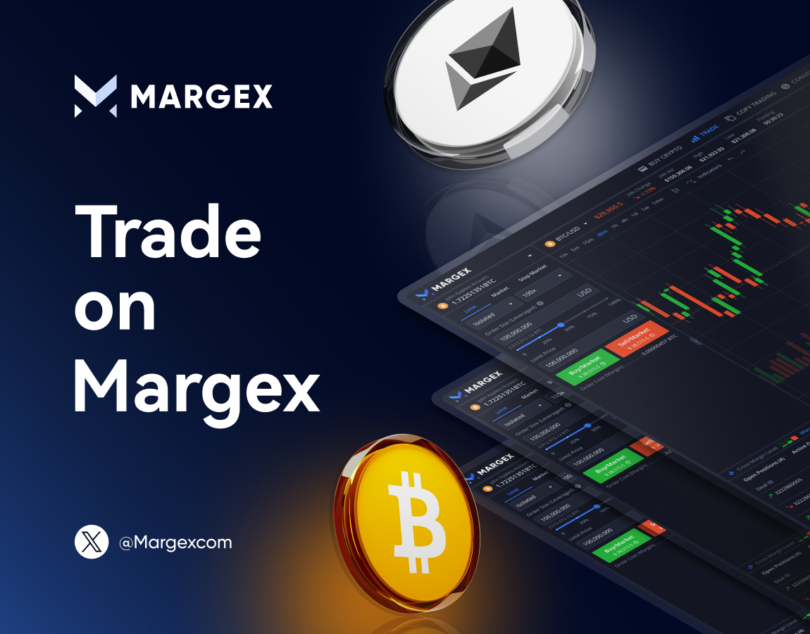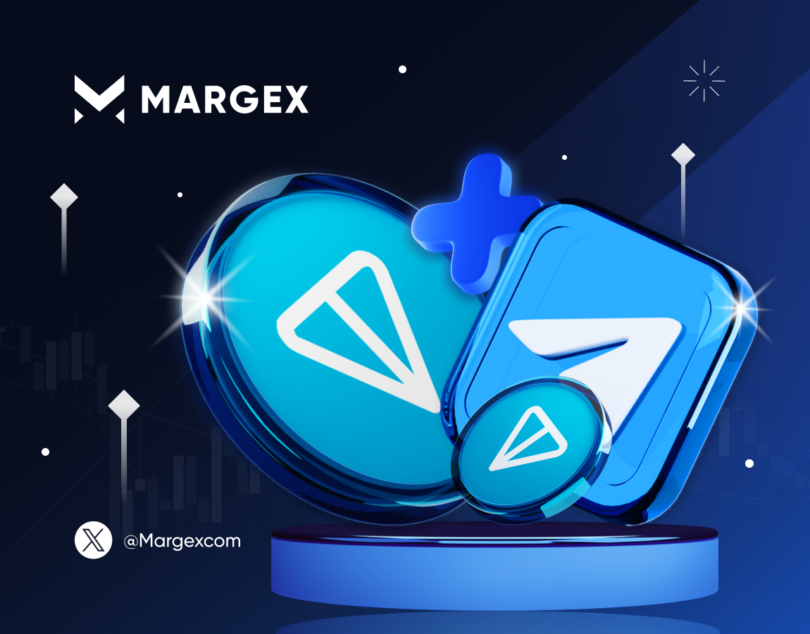
Recently published predictions on media have it that by the end of this year, the TON (The Open Network) blockchain is likely to surpass Ethereum in terms of user count. This potential achievement of TON underscores the rapid expansion of this network. Besides, it describes TON as a serious contender in the blockchain world that has a unique approach and tech solutions that may attract new users and greatly expand TON’s user base.
TON rising as promising Ethereum competitor
The initial version of TON was designed and developed by the Telegram team, the popular messaging platform. However, after Pavel Durov’s attempts to launch an ICO and raise $1.8 billion the project faces serious hurdles from the US regulator SEC. After that, Durov backed out, leaving the project in the hands of the community, which continued working on, keeping it an open-source project. Since then, TON has been gaining traction and its user base has been growing fast mainly thanks to its integration with Telegram.
This messaging app now allows users to seamlessly create wallets and perform transactions within the application. This integration resulted in a spike of user adoption, particularly in the regions where Telegram is actively used. Thus, TON’s accessibility and ease of use gave it a massive potential competitive edge over Ethereum, the second biggest blockchain.
Ethereum’s long-term issues
Vitalik Buterin’s Ethereum has been a long-term leader among smart contract platforms, at the same time, basically being the origin of them all. However, since launch it has been having key issues mostly to do with scalability and transaction fees. Despite integrating the much-expected Merge upgrade in September 2022 and several ones that followed, which helped Ethereum transition from a proof-of-work to a proof-of-stake consensus protocol, problems like extensively high gas seed and network congestion persist.
Recently updated Ethereum’s roadmap shows ambitions goals to deal with those challenges as the next phase of upgrades called “Surge” is looming on the horizon. It aims to help scale Ethereum to 100,000 transactions per second as it will fully implement such elements as rollups and sharding.
Still, the pace at which Ethereum has been integrating new upgrades leaves developers and users quite frustrated since other blockchain platforms, including TON, offer faster and also cheaper alternatives. Ethereum co-founder Vitalik Buterin remains certain about Ethereum’s roadmap. He places a big emphasis on decentralization, security, and the long-term vision of turning Ethereum into an efficient network largely focused on privacy. However, the slow pace at which these scalability solutions are being implemented has been raising questions whether Ethereum is capable of remaining competitive while faster and more scalable networks, such as TON, keep expanding and gaining traction.
Ethereum risks losing leadership to TON
TON has begun attracting a wide audience since it integrates directly with the vast and energetic user base of the Telegram app and currently its user count already surpasses 700 million active users around the world. The integration of TON allows users to send and receive crypto within Telegram without having to leverage traditional crypto wallets or exchanges, which makes the entry barrier significantly low for newcomers.
Besides, TON’s transaction fees remain quite low and the network was designed to process large transaction throughput, thus beating Ethereum on two of its main issues that it keeps failing to defeat. Many users consider TON much more practical and cheaper than Ethereum, especially those who are new in the crypto sphere and who mainly use crypto for small but frequent transactions. Many experts believe that these qualities could become unique selling points for TON’s rapid growth in terms of gaining new users.
While TON’s popularity keeps rising, Ethereum still has a strong foundation, particularly within the developer community and the Decentralized Finance (DeFi) sector which TON is aiming to conquer. Its ecosystem includes a wide range of DeFi projects, NFTs, and dapps which play a large part in the blockchain industry. Ethereum remains committed to decentralization and security thus keeping its reputation as a reliable and large-scale platform for financial transactions. But since TON continues to integrate various innovative features and add upgrades, it is likely that new developer teams may begin to choose TON over Ethereum as they seek a less congested network with cheaper gas fees, which develops much faster than the conservative Ethereum.
Vitalik’s recent comments make it clear that he and the rest of the Ethereum leadership are well aware of the growing competition but they remain committed to implementing all the upgrades with now rush in order to preserve Ethereum’s core values.




